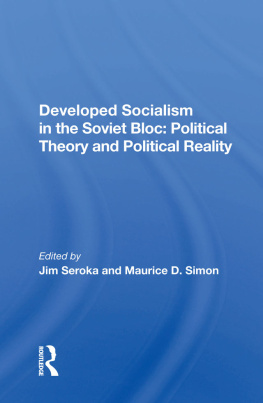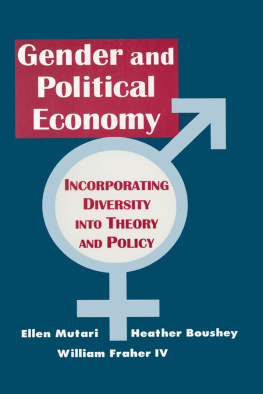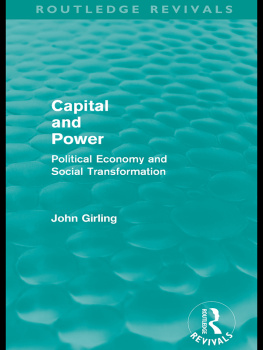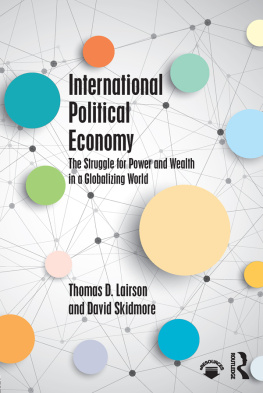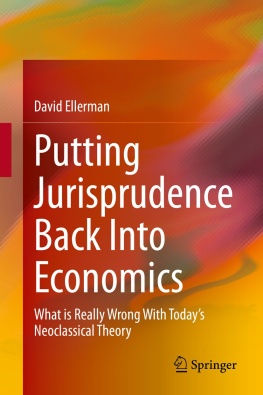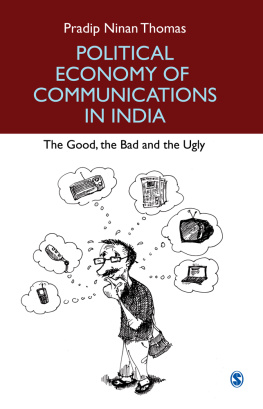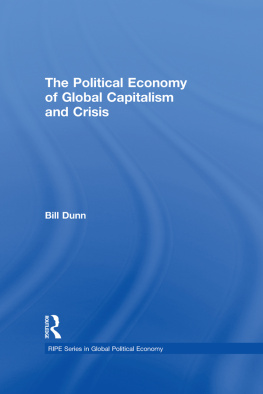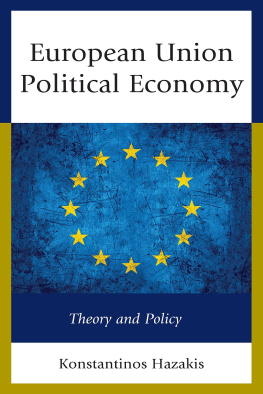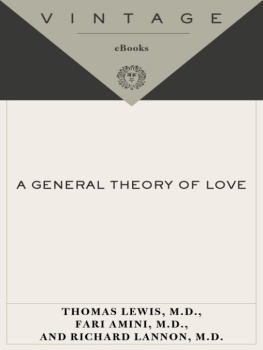Thomas Colignatus
Dutch University Press
&
Samuel van Houten Genootschap
Ormerod: Death of economics
H&M: Crisis of vision
All authors
43. Relating to Sen, Galbraith and Cox & Alm
Sen: Development as freedom
Galbraith: Created Unequal
Cox & Alm: Myths of rich and poor
44. Relating to the OECD and some of its authors
The OECD in general
The EITC, direct payroll tax reduction and wage cost subsidies
45. After 35 years of mass unemployment: An advice to boycott Holland
Summary
Introduction
First considerations
The realism of my advice
George W. Bush and Iraq and the American economy
More on Paul Krugman
The Dutch tragedy of the murder of Pim Fortuyn in 2002
On the European Enlargement
Advice to vote NO on the current proposals for a European Constitution
A note on my own position
Appendix: After 20 years of mass unemployment: Why we might wish for a parliamentary inquiry
46. Final conclusion
Epilogue
Appendices
On the definition of economics
Biographical note on Montesquieu
Price inflation and wage growth in Holland 1950-2002
Income distribution in Holland 1950 and 1988
Program used in the analysis on exposed and sheltered sectors
A note on Hayek
A note on Barrows Impossibility
A constitutional amendment for an Economic Supreme Court
A parallel argument on the Central Bank
About the US Council of Economic Advisers
From the Employment Act of 1946
Martin Feldstein on the US Council of Economic Advisers
Commenting on this
Presentation for the National Press in Washington 1993
Clinton administration EITC plans for 2000
Summaries of additional papers
A note on the New Economy (2000)
On the 2005 edition of this book
Autobiographical note
What is new in this analysis ?
Abstract
Literature
Index
Book I
Introduction
1. Order of presentation
The basic idea of this book is that Keyness General Theory is generalised even further by including endogenous government in the model so that we arrive at a truly general Political Economy. The argument can be presented in a top-down fashion, for example by repeating the IS-LM model before the amendments are introduced. This order appears to be uninviting and therefor the argument is presented in a bottom-up fashion. We better discuss the amendments before we look at the consequences for theory as a whole. We start with the new economic synthesis and the argument for the Economic Supreme Court, since these motivate the book.
2. The general theory
Political Economy is the science of the management of the state. More in general, economics is Greekish for management theory. Marshall already explained that economics is wider than political economy, see his Principles of economics (1947:43). The proper definitions are:
Economics in a narrow sense puts the approach, methods and tools, of the discipline central, and looks at a variety of subjects.
Political Economy puts the subject, the management of the state, central.
Economics in a broad sense joins the narrow sense and Political Economy.
One way to view these distinctions is to visualize a matrix with the sciences in the rows and the subjects in the columns. The common economist may to some extent neglect the inputs of the other disciplines, but the political economist must draw on the resources of philosophy, history, law, sociology, politicology, social psychology, biology, physics and so on. Political Economy is, just by definition, the study that tries to integrate all human knowledge about the management of the state. Political Economy is, in that respect, the proper continuation of ancient philosophy on that subject matter.
Confusions easily arise when these definitions are not understood.
The reasons to adopt these definitions are rather mundane. The King - and the ruling elite - can derive their wealth (a) from exploitation or (b) from general productivity growth. The latter is more advantageous in the longer run. Productivity can be increased in basically two ways: by technology or by management. For example, computers can add to our wealth, and we must have technology to be able to have computers. But a room full of computers does not present much value if we dont manage their use. So technology and management are the two sides of the coin of human wealth. Though no study should neglect either side, there of course is advantage in some specialisation of those studies. The engineers take one side, the economists the other.
Psychologists and artists might object to that view, and argue that proper training in enjoyment and in particular the arts could teach people to enjoy life so much more, requiring neither additional engineering nor economics. In a sense, this viewpoint would seem to be correct. In another sense, it apparently isnt sufficient. Human beings get used to levels of wealth, and require more wealth. It would be economics again to study why people are not happy eating bananas and watching sunsets. And dealing with issues like this, is management again.
Also, when writing this in 2000, and again 2004, there are some rumours about the end of the state and the loss of power of existing nation-states. This clarifies that the definition of Political Economy subsequently requires a definition of the state. I will not try to give that here. For the purposes of this book it suffices to take the existing nation-states, and international governmental bodies, and we can reconsider that assumption when they all drop their constitutions.
Then: The economic process can be understood much better if economic policy making itself is included as one of the factors, and then is studied from the Public Choice perspective. The basic proposition of this book hence is that we can extend the current neoclassical synthesis by including endogenous government in the model, so that we arrive at a truly general Political Economy.
This extension causes the subsequent proposition that it would be advisable for a democratic society to create an Economic Supreme Court as a separate power in the constitution next to Trias Politica of the Legislative, Executive and Judicial branches.
It is useful to recall that economics does not restrict its attention to income only, but also considers rights and duties. Coases theorem is a good result in an older tradition. Sen (1999)s Development as freedom is a welcome refresher. Beckerman (1999) explains that when economic growth causes our grandchildren to be wealthier than us anyhow, that we should rather focus on bequeathing a good system of justice rather than try for even more growth. So, it is quite natural in Political Economy to also consider the law.
The basic argument is the following. Governments already have economic planning bureaus - the US for example have the Council of Economic Advisers to the President. Current forecasts are conditional on the assumption that the government will do as planned and promised. Such forecasts often fail, and can be forecasted to fail if one takes an independent position. Proper forecasting requires that the economic adviser not only has a scientific attitude, but also a scientific position, and is able to tell and indeed tells the public that plans or promises will fail if there is scientific reason for thinking so. Given the experience of the 20th century, it appears that strong constitutional safeguards are required to provide for this public function. Hence an Economic Supreme Court.




